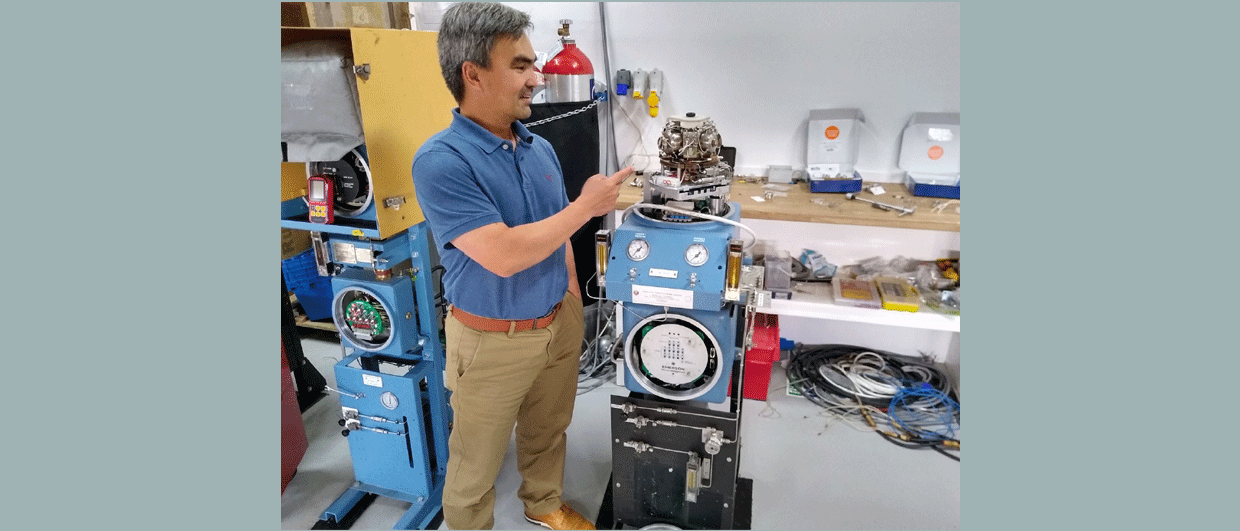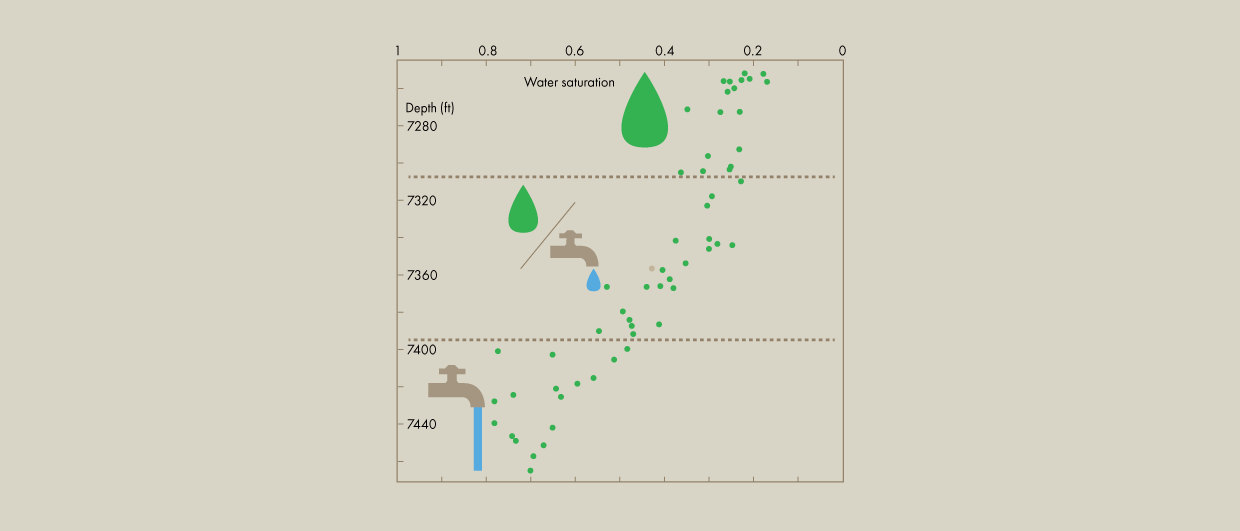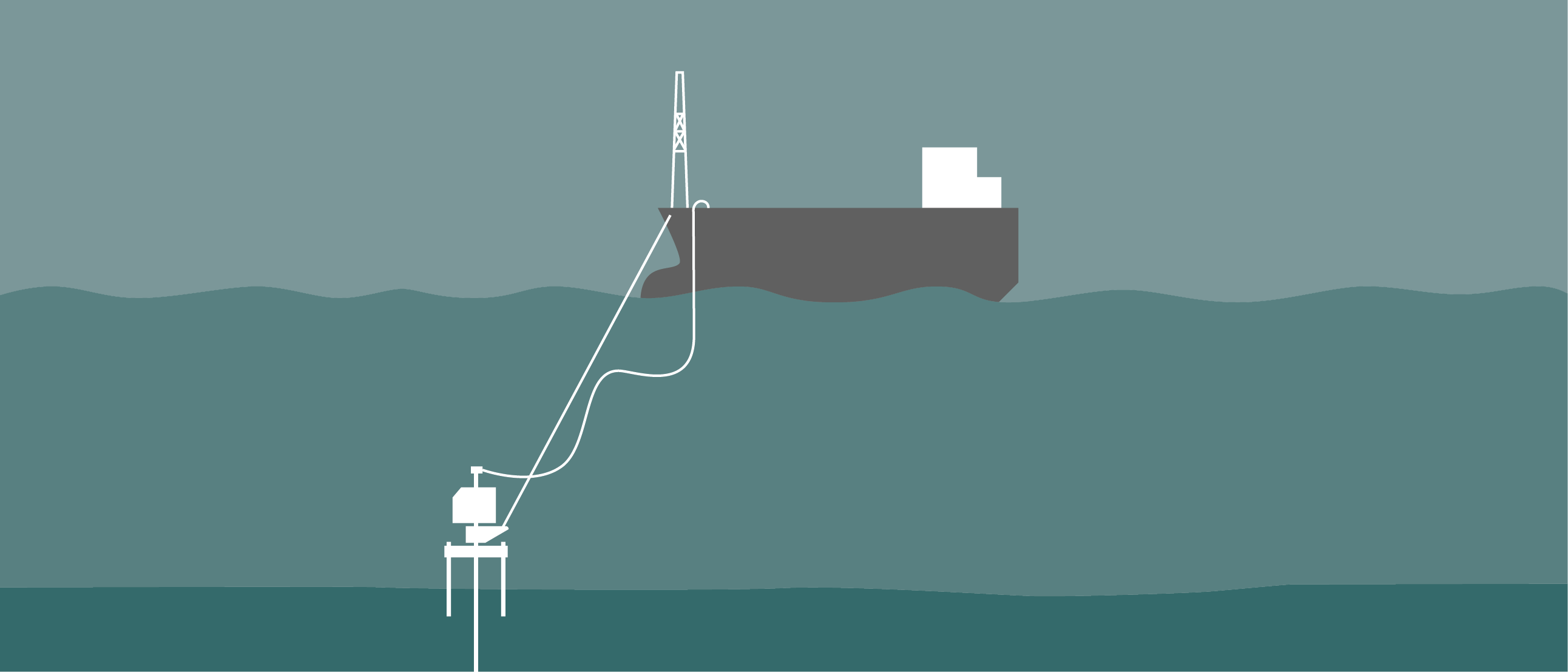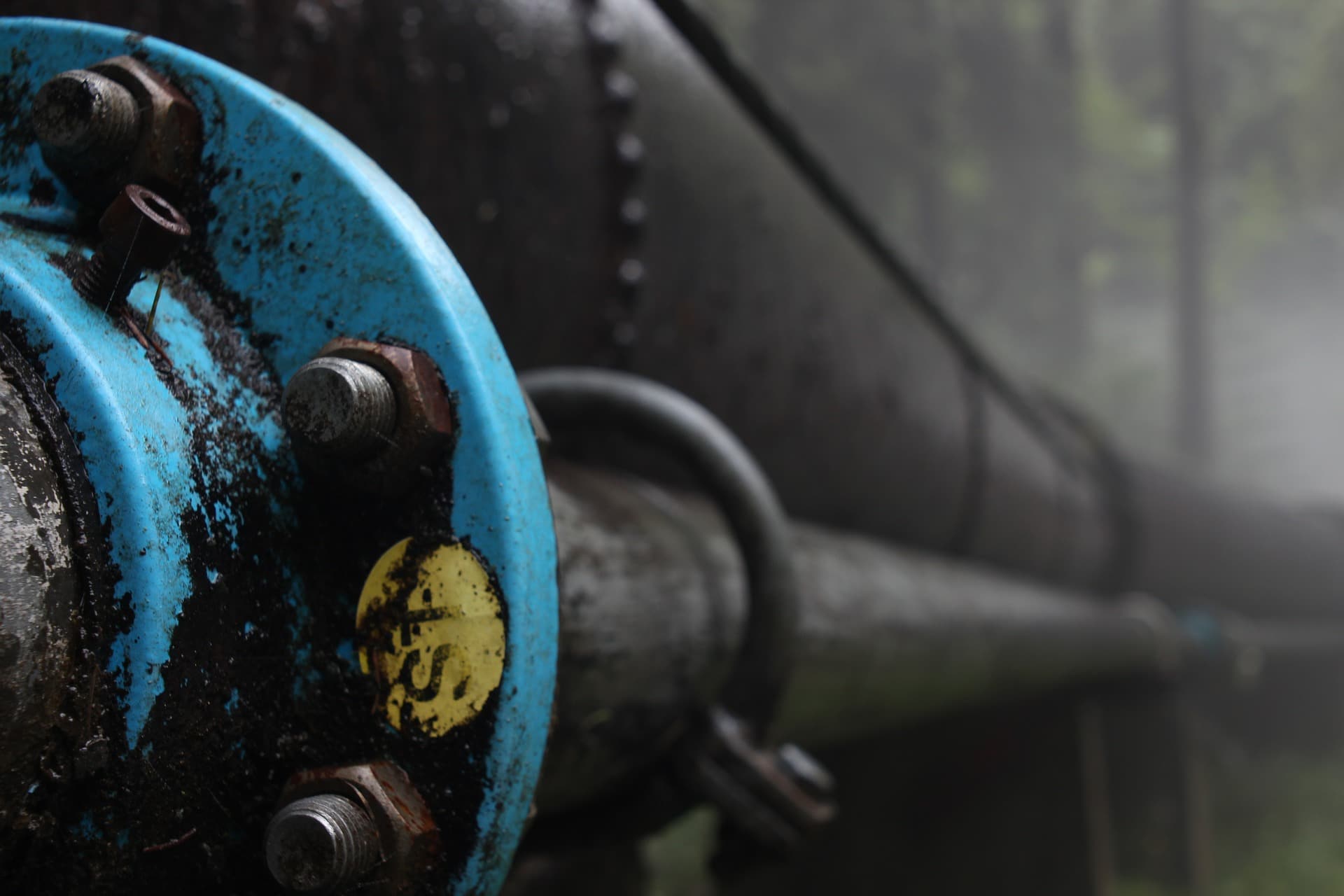It is something that many geoscientists may not think about daily, but there is a whole community in the upstream oil and gas sector that is working to make sure that the volume and composition of hydrocarbons exported through pipelines are properly measured or metered. At the end of the day, it determines how much companies are being paid.
Where simple analogue devices had to do the job years ago, with the ability to measure more accurately and having the data processed and transferred to the cloud straight away, the possibility has arisen to perform these measurements more precisely than ever. And that is exactly the opportunity Anwar Sutan saw after spending some years in the metering business. To realise this, something unexpected had to happen first.
“If my visa application had not been rejected in preparation for my next job in Singapore”, Anwar tells me when we meet at his company’s office near the airport in Aberdeen, “we would not be sitting here today.” But his application was rejected, and it presented him with the spare time he needed to develop the first version of the software that is now known as GCAS.
Anwar is not a geologist, nor a geophysicist or reservoir engineer. He is an electrical engineer with a background in the metering business. He runs i-Vigilant, a small outfit that not only maintains gas chromatographs (GCs) that are fitted on production platforms, but also develops the software to make sure that these important devices run accurately. And it is the latter part that has made the company, no matter its modest size, to a global player with contracts to most of the majors.
A GOOD BUSINESS ENVIRONMENT
Anwar, who is originally from Indonesia, has been in the UK for 15 years. He is very positive about doing business in the country he now lives in. “People tend to respect each other’s time, the industry is eager and interested in improving business practices using new technology, and there is transparency. Anwar’s company i-Vigilant currently employs eight people and operates from an office and linked warehouse near the airport in Aberdeen, Scotland.
“I was always thinking critically about the methodology”, Anwar continues. Calibration of GCs is sometimes regarded as being sufficient to ensure accurate measurements are made, but who says that the calibration was done correctly? There are very small variations in the gas content of calibration gases, too, combined with non-linear behaviour of the machine, all contributing to a lack of accuracy.
“Our software continuously monitors these things”, says Anwar, “and will ring alarm bells when something is not right. This can translate into a difference of a couple of hundreds of thousands of dollars on a monthly basis”, Anwar concludes.





